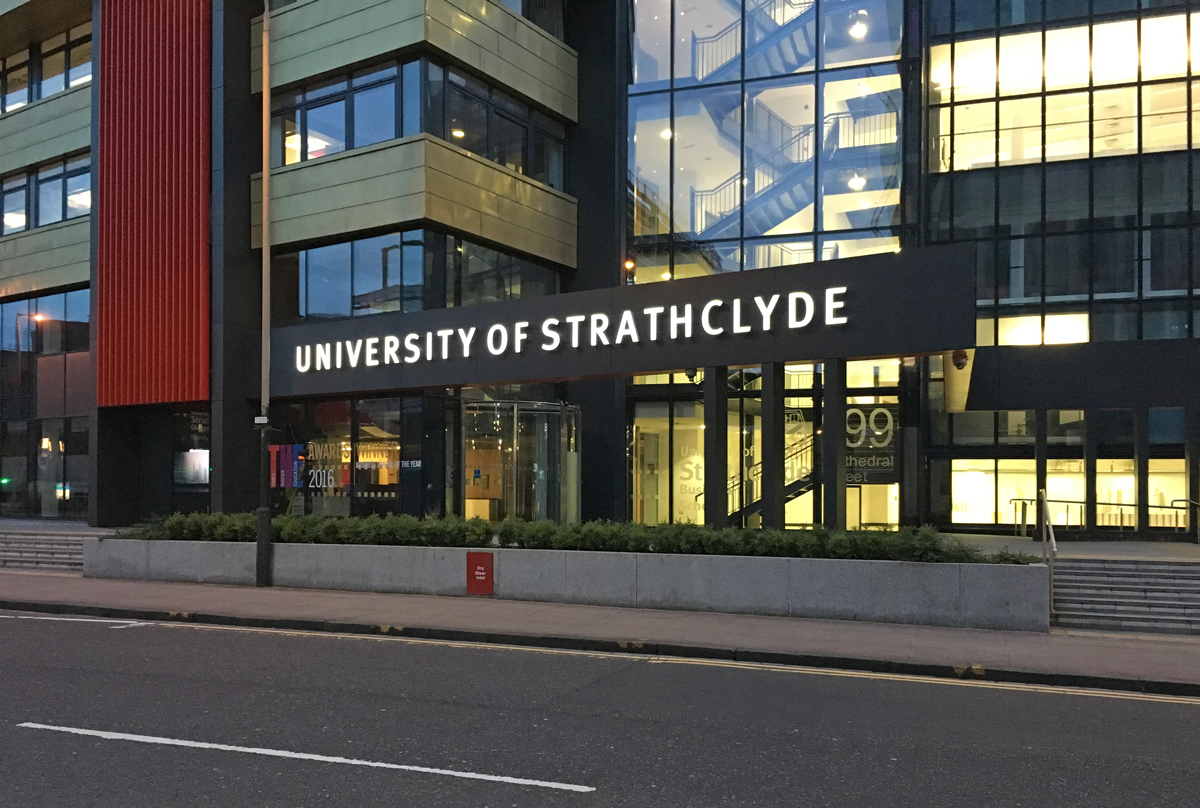Studying combined data from the UK Biobank, a unique record of patient information from over half a million Britons, could help make ‘groundbreaking discoveries’ in the understanding and treatment of breast cancer, say researchers.
Breast cancer is one of the leading causes of death of women globally – accounting for 685,000 deaths in 2020 – but some forms of the disease are more deadly than others. Understanding the unique characteristics of different variants of the disease could help doctors to diagnose and classify patients and develop new, more personalised therapies.
The UK Biobank is a vast database of health information – including clinical, genetic, protein, and metabolic data from volunteer participants. But scientists from the University of Strathclyde say there is more scope to study these data sets together to identify the unique biological features of different variants of breast cancer in the future.
The researchers reviewed studies from the past five years that used UK Biobank data to research breast cancer. Their results, https://doi.org/10.1016/j.csbj.2024.05.001">published in the Computational and Structural Biotechnology Journal, found 125 studies, with 76 focusing on genetic data, and only two studies looking at protein and metabolic data.
None used all types of data together to study breast cancer. A closer look at the 76 genetic studies identified 2,870 genetic variants in 445 genes linked to breast cancer.
Thirteen of these genes showed different changes in different types of breast cancer, and 59 were well-known breast cancer genes. These genes are involved in general cancer processes like DNA repair and gene expression.
Lead author Dr Nicholas Rattray, said: “It is critical that new ways are developed to understand how breast cancer develops in patients with differing susceptibility.
“The UKBiobank is a huge resource that is allowing scientists use far larger cohort numbers to understand disease in far great detail.” Dr Zahra Rattray, senior lecturer in the Strathclyde Institute of Pharmacy and Biomedical Sciences, said: “Our review showed that most research so far has focused on genetic differences in breast cancer.
“Few studies have effectively combined data types thus far. Using combined data methods in the future could help us better understand different types of breast cancer.”
The researchers say the lack of research focusing on the analysis of proteomics and metabolomics datasets could be because genetic data was more readily available than proteomic and metabolomic data. In addition, combining different types of data is complicated, making it hard to take this ‘multi-omic’ approach in breast cancer studies.
Dr Zahra Rattray added: “The UK Biobank has not, until now, been effectively used to identify previously unknown breast cancer associated genes.” Lisa van den Driest, a PhD student at Strathclyde University and the study's first author said: “Our findings reveal the promising potential of harnessing multiomics approaches or other combinations of data types using the large amount of information in the UK Biobank to unravel the intricate cancer biology underlying distinct subtypes of breast cancer.
“It is a complex disease and a major cause of illness and death among women worldwide. Despite progress in diagnosing and treating breast cancer, some types, like triple-negative breast cancer, still have poor outcomes. By 2040, it is expected that three million women will be diagnosed each year. Because of this, it is crucial to find new ways to detect and categorise breast cancer to reduce its impact globally.”
The study involved researchers from the University of Edinburgh, Yale, Brigham and Women’s Hospital and Harvard Medical School, and NHS Lanarkshire, and was funded through the EPRSC Doctoral Training Partnership, Medical Research Council and the Royal Society. Clinical lead on the project, Dr Alison Lannigan, NHS Lanarkshire, said: “This is an exciting analysis of multiomics in breast cancer using the UK biobank data.
“Understanding the complexities and variations in disease biology paves the way to develop new and individualised patient treatments. As breast cancer clinicians we would encourage all breast centres and patients to participate in breast cancer studies and contribute to enhancing the UK biobank and subsequent research.”











